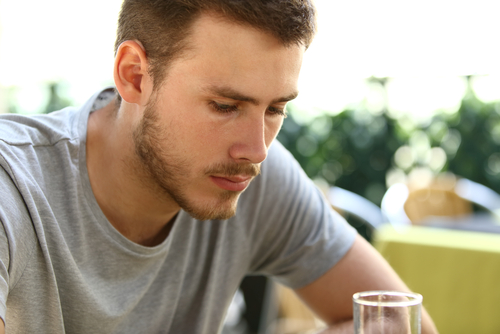Teens are developmentally different from adults. Addiction changes the a teen’s way of thinking and behaving in different ways than it will in older adults which requires treatment programs focused on education, behavior, family dynamics and peer concerns. Learn more about treatment objectives for adolescent addiction.
Researching Guidelines
The objective of treatment for teens needs to differ from adults according to treatment guidelines through whichever state the teen and family reside in. Compared to adults, teens will typically:
- Have shorter history of substance abuse
- Experience fewer consequences of addiction
- Engage more in periodic use of drugs and alcohol
- Experiment with a greater variety of substances
- Mental health problems co-occur at a higher rate
- Possibility exists to ‘outgrow’ addiction
- Motivations vary for wanting to change
When objectives for treatment focus on the outcomes for teens a reduction in substance use and abstinence is greater along with better school attendance, performance, social and familial relationships.
Self-Esteem
Low self-esteem is a major factor for teens to use illegal substances. Self-perception is important to adolescents so efforts to build this along with self-efficacy are more successful for the teen population. Group, family and individual counseling can support teens in exploring various issues which underlie low self-esteem. Learning to evaluate attitudes and beliefs about the self and others can help replace harmful self-attitudes with ones which are more healthy.
Relapse Prevention
Relapse prevention programming starts in treatment and goes through aftercare. Relapse prevention includes components such as educational topics to help teens understand how relapse occurs as well as therapeutic components to identify and confront self-destructive patterns, attitudes and beliefs to replace them with more successful and healthy ways of thinking and behaving. Strengthening the family unit through family therapy along with individual therapeutic intervention is successful and helpful for teens struggling with denial or enabling behaviors so the whole family is involved in being healthy.
Aftercare
An aftercare plan which is individualized is set in place after treatment which includes ongoing individual, group and family therapy built on the momentum gained in treatment. The plan must also include participation in a teen-based support group with other peers that includes personal responsibility and accountability to provide opportunity to develop healthy relationships. A holistic recovery program geared towards teens will help them develop skills and strategies needed for long-term recovery and build healthy familial relationships. A strong aftercare program will help teens build self-confidence in using skills from treatment in the real world to cope with triggers, cravings and other issues associated with recovery from addiction in a positive manner.
Sustain Recovery focuses on a unique approach to adolescent treatment focused on helping teens’ individual needs. If you have a teen that needs help with addiction, call us to find out how we can support your teen in recovery.




